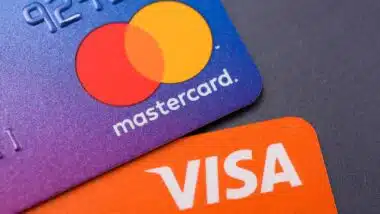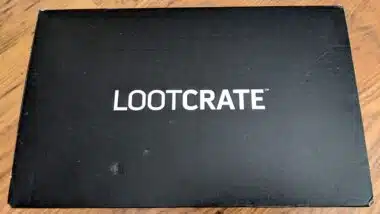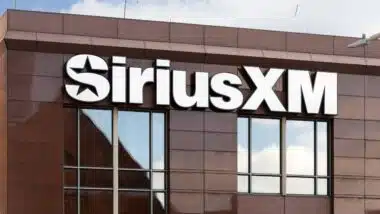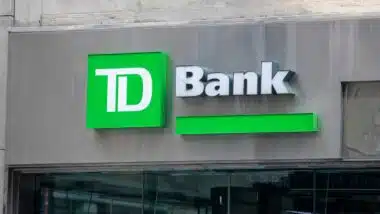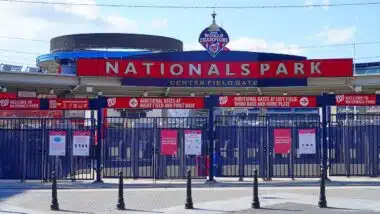 Amid a growing trend of financial institutions charging more and bigger overdraft fees, members may be hit with unfair SEFCU checking fees.
Amid a growing trend of financial institutions charging more and bigger overdraft fees, members may be hit with unfair SEFCU checking fees.
Overdraft fees are the fees a credit union charges customers if they overdraft their account and the credit union still allows the charge to go through. These “overdraft protection fees” are advertised as a convenience to consumers, but can often cause problems that outweigh the benefits they offer, as is the case argued by some who say they have been hit with unfair SEFCU checking fees.
Often, consumers may not know that they have overdrawn their account if the charge goes through, so they may end up racking up hundreds of dollars of fees without realizing it. Because overdraft fees can be misleading, banks and credit unions are federally required to not enroll a customer in an overdraft protection program if the customer has not opted in to such a program.
Nonetheless, banks and credit unions may be using misleading practices to charge their customers the most overdraft fees possible. SEFCU checking fees may be among the fees that are getting a closer look from consumer advocates.
The number of customers overdrawing their accounts has decreased in recent years, so banks are unable to make as much money from these fees as they have in the past. Not wanting to lose this major source of revenue, banks may be turning to unfair practices to be able to charge more fees.
The average overdraft fee is $35. Banks and credit unions charge overdraft fees for each transaction that exceeds the amount of money in a customer’s account if the financial institution allows the charge to go through. So, these charges can add up fast. Often, banking customers can end up paying hundreds of dollars in overdraft fees without realizing they have overdrawn their account.
In some cases, banks or credit unions have been known to process transactions out of order in an effort to maximize the number of overdraft fees that they can charge. They may process the largest transactions first so that each smaller, subsequent transaction is more likely to incur an overdraft fee.
So, if a person has $200 in their account, and they make a $30 payment, a $20 payment, then a $250 payment, only the $250 payment should overdraft the account and incur an overdraft fee. However, if the transactions are processed with the largest payment processed first, then the customer will face an overdraft charge on all three of the transactions.
Additionally, financial institutions may charge overdraft fees based on the available balance in a customer’s account instead of the actual balance. The available balance is often lower than the actual balance in an account because many transactions take some time to process. So, if credit unions charge overdraft fees based on the available balance in an account, they are more likely to be able to charge overdraft fees on purchases. This method may generate some of the SEFCU checking fees that members could be charged.
If you bank with SEFCU, you may have been subjected to unfair SEFCU checking fees and may have been charged unfair overdraft fees. Now, lawyers are looking for people who may have been subjected to a range of SEFCU checking fees they shouldn’t have had to pay.
You may have a legal claim if your were charged excessive overdraft fees by one of these banks or credit unions:
- Alliant Credit Union
- Astoria Bank
- BECU (Boeing Employees Credit Union)
- Nationwide
- Pacific Western
- Patelco Credit Union
- State Employees Federal Credit Union (SEFCU – New York)
- Sterling Bank
- Educational Employees Credit Union (California)
Fill out the form on this page now for a free, immediate, and confidential case evaluation.
ATTORNEY ADVERTISING
Top Class Actions is a Proud Member of the American Bar Association
LEGAL INFORMATION IS NOT LEGAL ADVICE
Top Class Actions Legal Statement
©2008 – 2025 Top Class Actions® LLC
Various Trademarks held by their respective owners
This website is not intended for viewing or usage by European Union citizens.
Get Help – It’s Free
Join a Free Bank Overdraft Fee Class Action Lawsuit Investigation
If your bank and credit union has engaged in deceptive overdraft fee practices, you may have a legal claim. Fill out the form on this page now to find out if you qualify!
An attorney will contact you if you qualify to discuss the details of your potential case.
PLEASE NOTE: If you want to participate in this investigation, it is imperative that you reply to the law firm if they call or email you. Failing to do so may result in you not getting signed up as a client or getting you dropped as a client.
In order to properly investigate overdraft fee claims, you may be required to disclose bank statements to overdraft fee attorneys. Please note that any such information will be kept private and confidential.



